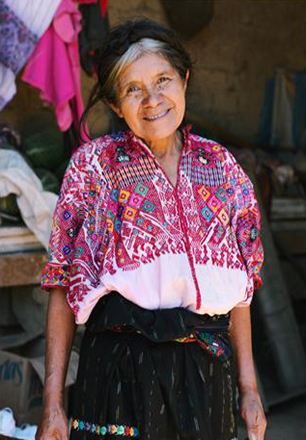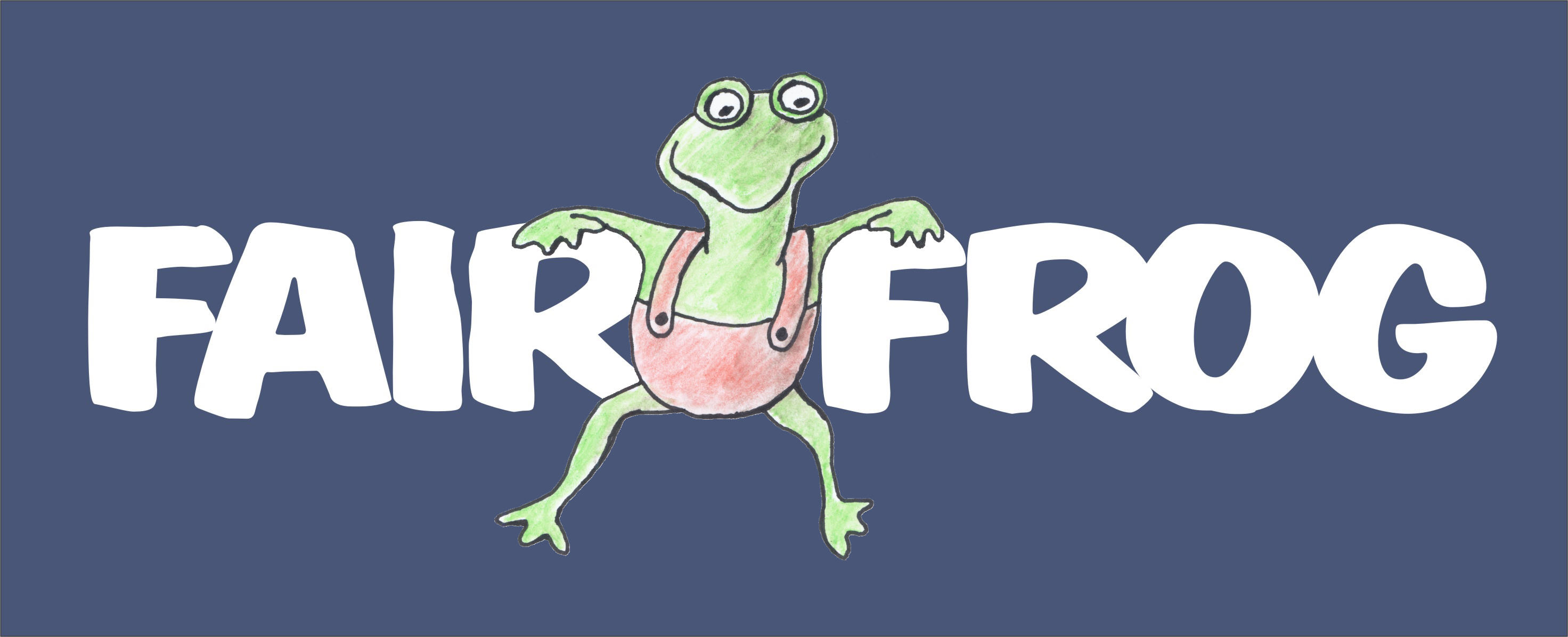Can we change the world by shoppping ?
In De Standaard of 14 May 2016 the Dutch philosopher Wouter Mensink was interviewed on fairtrade and the fact whether buying fairtrade can make a change.
Mensink himself is the prototype of the conscious consumer, but he doubts that conscious buying will improve the world. “In the Netherlands only 5% of the people buy sustainable products. That is a very low number and as an individual consumer you do point the market in the right direction. But you also put a lot of responsibility on the shoulders of the consumer. It would be nice just to be able to trust the fact that what you buy is OK. Ecolabels are fine but just for food there are 79 different ecolabels in the Netherlands.If a supermarket puts a green leave on the label of one of their products, you think : ok, ecological, but is is just a leave on a green label.”
Mensinks puts that governments should see to the fact that every product that ends up on a shelf in a supermarket is a responsable purchase and that is is not the consumer’s responsibility to be the judge of that.” I hope we are able to look back in 30 years and say : remember that you could buy slave-free chocolate next to the chocolate that was made by slaves? Just imagine !”
Mensink has no objections to buying fairtrade but wonders whether there is no other role we can assume instead of buying.”Citizens can unite in networks, can put pressure on the government or businesses, can lead a public debate about what we want in our stores and what we do not want.”
The emphasis has been placed on consuming. Look at the fairtrade shops : mostly places where you can buy nice, exotic presents, instead of being places where you can learn and join a political movement that can put pressure on the government.”
I see the logic in Mr Mensink’s reasoning. But for the sake of argument he only looks at half of those involved : consumers, shops and governments on this side of the globe and the role they might have to assume. The producers on the other side of the world have nothing to gain from this attitude. They will never be able to meet the world demand for coffee because they are small scale. To influence their governments or politics in order to improve the local economy is a long way off, to say the least.
While we work on the proposition of Mr Mensink, I will keep on buying (and selling) “nice and exotic presents” because I see what it can mean on a small scale and on community level. Because maybe I am so naive to think but still believe that big changes start in small communities. Because there are so many people who put their energy and time in projects that change things on a local level. And because I believe that greatness is a lot of small things done well.



